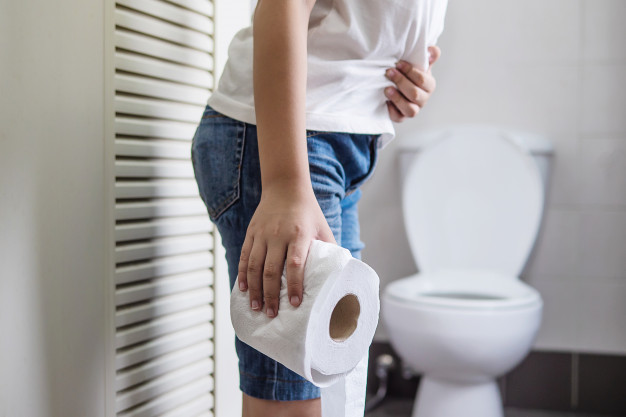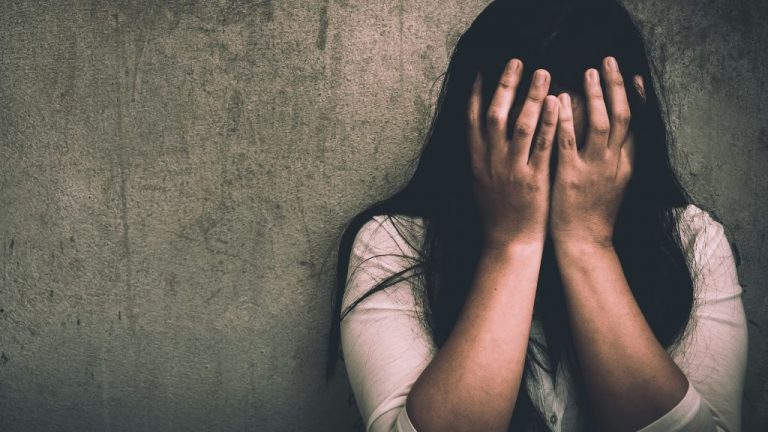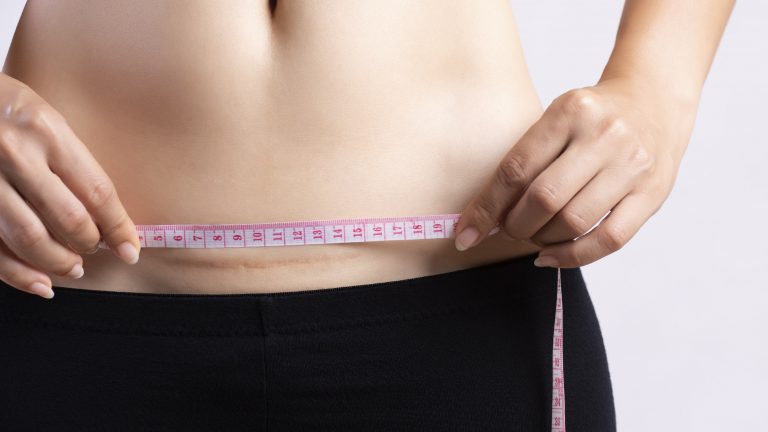Acute Cystitis
Cystitis Definition:
It is an ascending bacterial infection of the urinary bladder.
Cystitis Symptoms:
– Cloudy, Foul smelling urine.
– Blood in urine.
– Burning feeling when urinating.
– Frequent urination.
– Frequent urge to urinate.
– Pressure on lower abdomen.
Risks increasing the possibility of having bladder infection:
– Not drinking enough fluids.
– Post menopause.
– Previous surgery in the urinary tract.
– Using urinary catheter.
– Blockage in bladder or urethra.
– Weak immune system.
– Difficulty in emptying the bladder.
– Pregnancy.
– diabetes.
– Use of spermicide.
Diagnosis:
– Urine test to check pus cells in the urine.
– Urine culture to determine the type of the bacteria causing the infection and the appropriate antibiotic for treatment.
Treatment:
Mild infection can go away by itself in few days, if not treatment can include:
- Medication:
– Antibiotics to kill the bacteria (usually for 3 to 7 days). You must finish the whole course even after starting feeling better.
– Other medication to reduce pain or burning during urination.
– Single dose of Antibiotics after sex in case of infections usually occurring after having sex. - Home Treatment:
– Drinking a lot of fluids to take out the bacteria out of the body.
– Hot pad on lower abdomen or back to relieve pain.
Recurrent Bladder Infection:
Infection is considered recurrent when it happens two times in 6 months, or three times and more in a year.
Recurrent and Relapse:
It is important to differentiate between recurrent bladder infections and chronic infections due to treatment relapse.
Recurrent infections diagnosis:
– Urine culture test.
– Cystoscopy for the bladder and urethra.
– CT to check kidneys, urethra and the bladder.
– Checking post-void residual urine.
Treatment for recurrent bladder infection:
By treating the cause behind the recurrent infections. but if that fails, treatment can include:
– Low dose and long term of antibiotics (from 6 months up to 2 years).
– Changing in lifestyle by:
A. Drinking enough water.
B. Avoiding using chemical or scented products in the genital area.
C. Cleaning the area around the vagina and anus gently without using soap.
D. Wiping from front to back after urination and bowel movement.
E. Urinating immediately once you have the urge to.
Bladder Infection Prevention:
– Drinking enough water.
– Wiping from front to back after urination and bowel movement.
– Urinating immediately once you have the urge to.
– Avoiding using scented soaps or chemical products in the genital area.
– Wearing cotton loose underwear to keep the area dry.
– Having showers instead of baths.
– Urination after intercourse.



